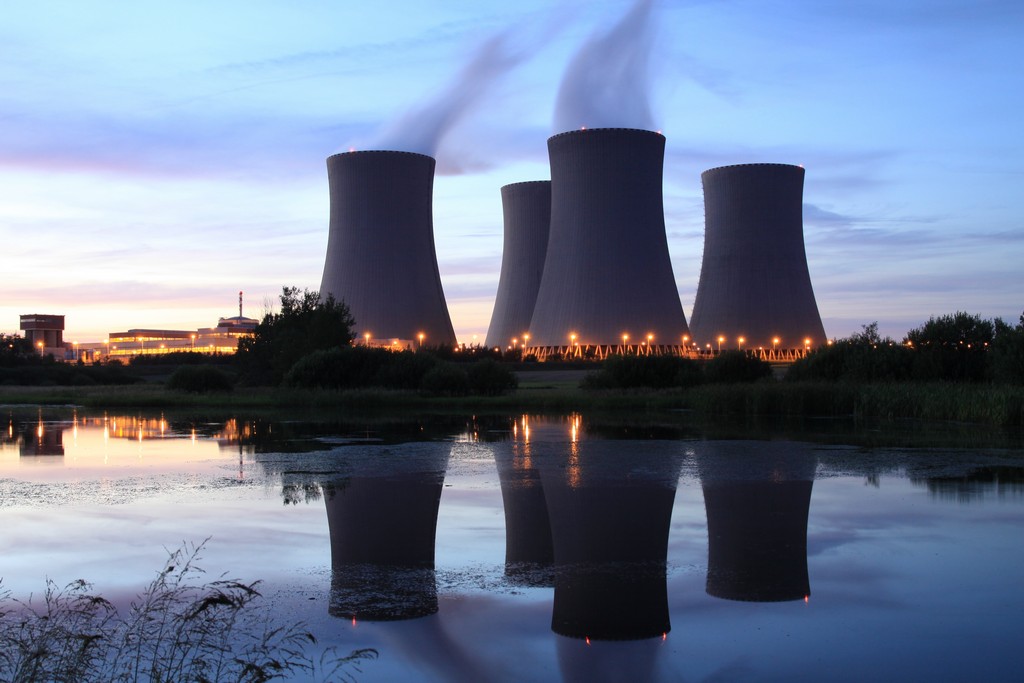DOST, PNRI talks of reviving BNPP
- December 13, 2018
- 0

PNRI director Carlo Arcilla told reporters that all well-lit places in the world” had nuclear power plants.
“There is more radiation when eating one banana [because of its potassium] than standing in front of the BNPP,” Arcilla was quoted as saying in a Manila Standard report.
They saw the need to revive the BNPP because of the nearing gas depletion of Malampaya gas field, which would only last for another five years, he said.
“The cost of electricity would significantly go down if we could only rely on nuclear power,” Arcilla added.
He also noted that the findings of the Philippine Institute of Volcanology and Seismology confirming there is no fault beneath the BNPP is vital to the talks of reviving the Philippines’ lone nuclear plant.
In the report, Arcilla noted that the BNPP is still needed given its projection of producing 700 MW “at most.” Together with the use of coal-powered energy and wind energy when it comes to generating energy, Arcilla said the country will need all three energy sources simultaneously to address the power shortfall of over 10,000 MW “in the near future.”
“I acknowledge the concerns of some environmental advocates as to where to dump the nuclear waste,” Arcilla said in the report.
“But that would not a be a big problem. We are an archipelagic country. We have so many islands such as Kalayaan and Pagasa, and the technology to dump nuclear waste through deep geologic borehole disposal. We have very good scientists in our country.”